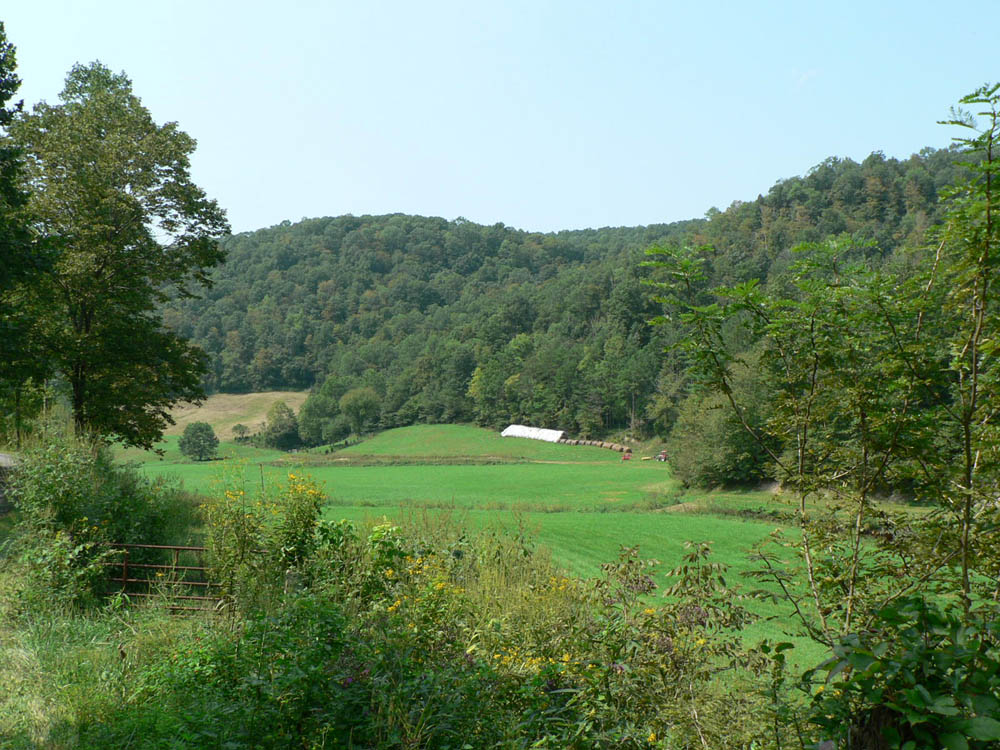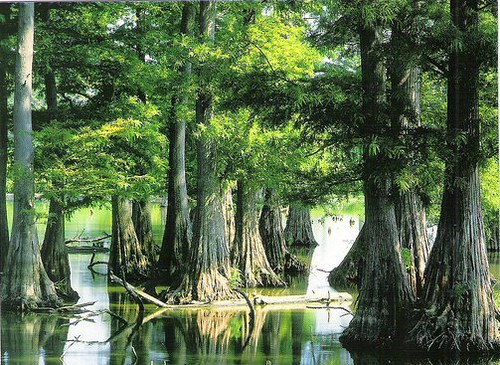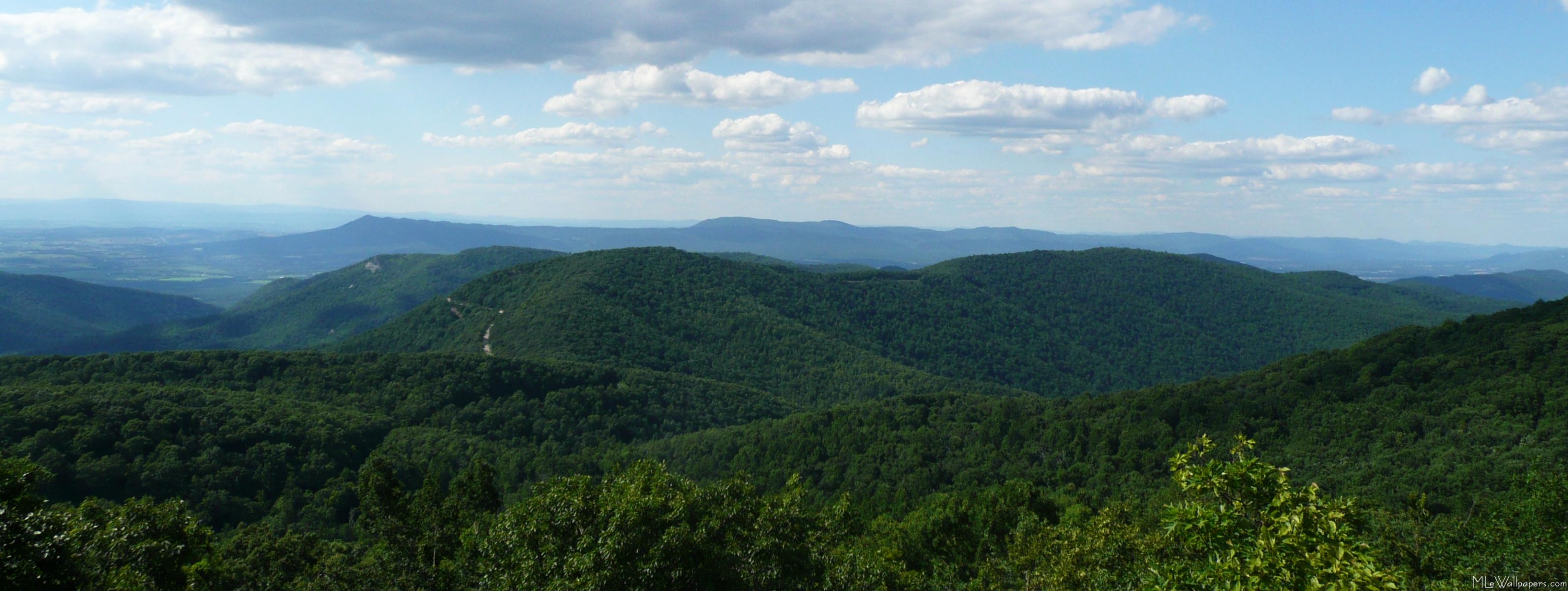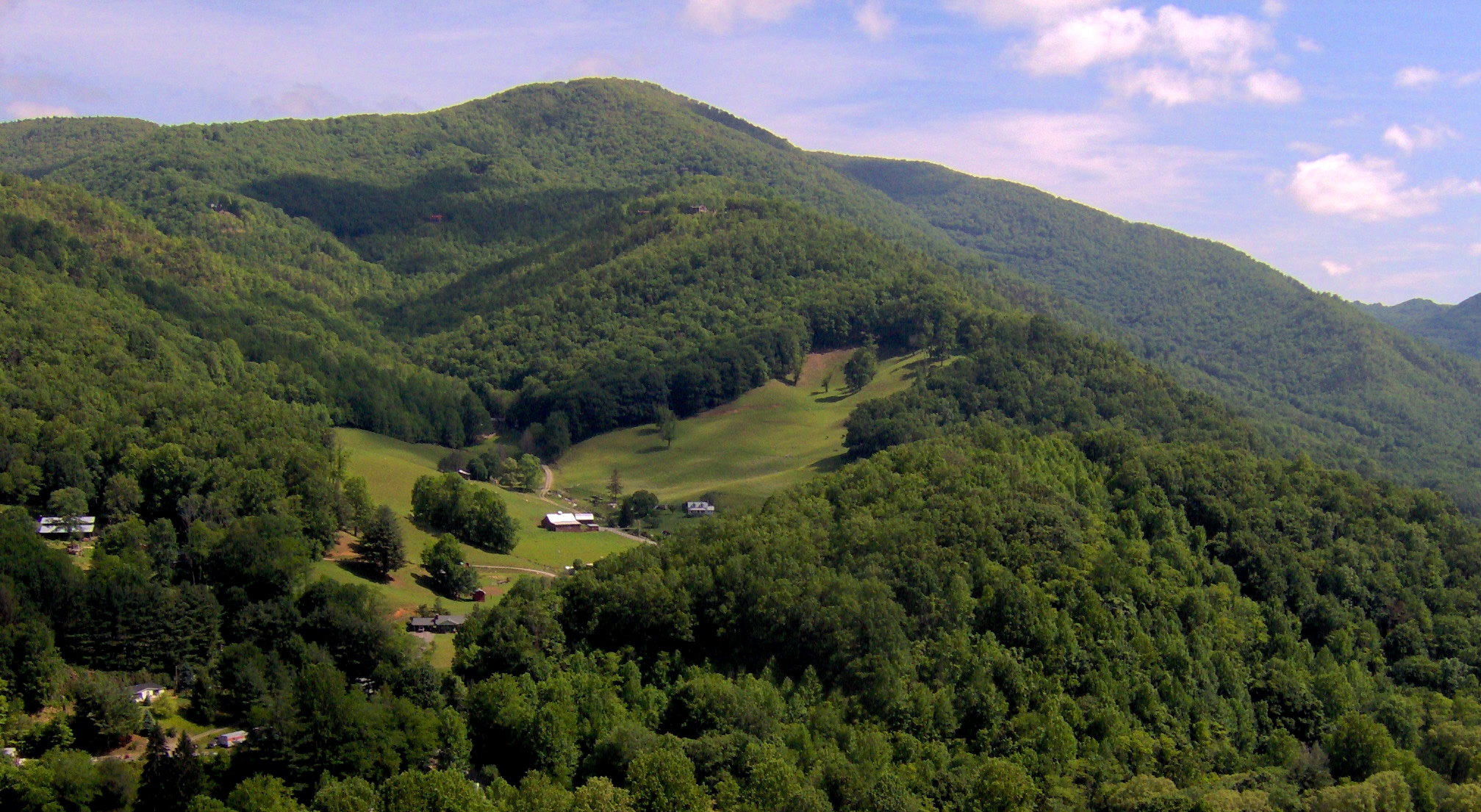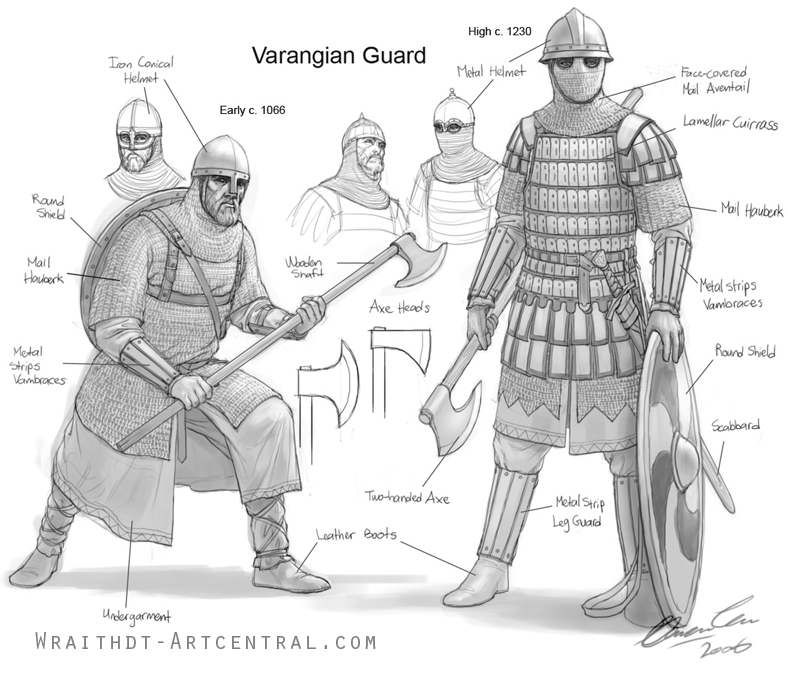Name of Nation:
Dixie
Alternatively: The Dixie State, the State of Dixie, Dixie-Appalachia
Banner/Flag/Identifying Symbol:

Government Type/Structure:
Confederacy
Leader(s):
Chief Albert "Sugar Tongue" Ronson
Culture:
With the core of the confederacy being those who identify as "Appalachian", the backbone of the Dixie polity are those White Christian former-Americans who can trace their roots back to German settlement in the 19th century and the earlier settlement of Scots, Irishmen, and farmers from Northern England in early colonization of the region in the 18th century. Successive waves of immigration would bring in increasing numbers of Welsh settlers. Late waves would bring in people of Italian descent that worked the coal mines of late-19th and early 20th century West Virginia, Tennessee, and Kentucky slowly building a grand melting pot of people. As well, a smattering of surviving native-American nationalities make up the Appalachian identity including the mixed-race Melungeons.
Successive expansion would include later the people of the Kentucky valleys and lowlands as well as the people of Tennessee up to the Ohio.
By and large, the population of the region makes a complex web where-in the people are united by a staunch and powerful since of individualism and a mistrust of authority. Compounded by a general militancy in the people and a feeling of local nobility and fondness of the land, and private enterprise. With militancy considered, it is nearly impossible to walk through the country-side and not find one man who is unarmed; from the highest aristocrat to the simplest preacher.
Religion plays a large roll in life with evangelicalism a common practice in shared space with decentralized "Protestant" and Baptist churches. Though with the collapse of the centralized world many of these former churches which had maintained large nation-wide organizations found themselves independent and competing against a slowly more "shamanizing" face of the American Christian church.
Demographics:
Appalachian
Dixie
Nation History:
The foundation of the rise of Dixie is a storied one largely passed down through oral history. As it was said, the first man to be named "Chief" was the eldest son of a couple on the Virginian side of the Appalachian mountains. Born as Robert Cuthridge, he was born to the marriage of the soon-to-be patriarch of the Cuthridge clan Albert Cuthridge and the daughter of the Barlow family, Martha Barlow. The marriage made as an arranged contract in mutual self-defense against the aggressive hunting encroachment of the Montaque family who was coming over from Cumberland Kentucky. Threatened by this trespassing the two families sought to defend themselves against the Kentucky family and eventually attack them.
A small war unfolded between the Cuthridge-Barlow union and the Montaques with the united families defeating the former and occupying Cumberland in Eastern Kentucky.
With the death of the Cuthridge patriarch, Albert stepped in to lead the family, being the one to have orchestrated the union between the families he reached out to determine a course of long-term union between the two as their victory attracted more and more attention. An informal treaty was made and handshakes had and the two took to a proactive form of self-defense that came to dominate the central Appalachians and the great coal gorges that had been burrowed into the hill-side by industrialism passed.
As legend would say, the flag that would come to be the symbol of "Dixie" unity was born from a plain-white bed-sheet that Albert tied to an oak branch so he could carry it into battle, finding that his men needed something to look towards when going to fight. Either willfully ignorant, or choosing to ignore the irony of charging into a fight under a white banner he would lead his force of a hundred and fifty men in battle and beat a three-hundred strong force of good-old boys from Pine Mountain in a dispute over whiskey. Over the course of the battle the white banner dipped briefly to fall in a pool of blood staining the outer edge in a deep maroon red which would remain.
Remarkably, the battle was won in Albert's favor and Pine Mountain was soon quickly occupied.
Albert's death later that year threatened a crisis of succession that would have shattered the union between the two families. Crisis was averted when the Rosemary Barlow suggested an election to determine who would lead the two families in perpetual union. Rosemary, the mother of Martha hoped that this show of democracy might sooth growing pains in the young union and preserve peace, she had after all grown to share a friendship with Albert's elderly mother and hoped to continue to have afternoon tea with her; a possibility made impossible should the two families go to bickering over who gets what out of their territories.
As it would be, they elected Albert's son Robert. They had no official title for the young man to take up his position besides recognizing his name. All the same, what were casual greetings of, "Hey, chief!" and "Good afternoon, chief!" soon became a title of sorts and he took on the title of Chief Robert.
Chief Robert, deciding they needed purpose to the union continued his father's tradition of bickering with neighbors, absorbing new lands under a flag re-stitched to resemble his father's blood-stained banner, which he kept locked in a cabinet until a cabin fire destroyed it as well as the home.
About the time of Robert's ascension the Cuthridge-Barlow union faced competition from two foes. The "Good Old Boys" in the mountains north of them and the low-land riders of the Bluegrass State in Kentucky. As it was, the Good Old Boys were being instigated to raid the union's towns by being bought out with Bluegrass guns. The Good Old Boys were particularly infamous among the people of the union for the stories of how they tied prisoners up ass-up to be thrown in a muddy pen with a horny old boar to watch their victim get raped by a sex-starved pig for their old amusement.
In order to deal with the threat of the two foes Robert reached out to the evangelical preachers of Hawkins County for aid. They would agree, signing a formal treaty of recognition of Robert's authority in return of patronage for the locally united churches and if himself attended services at their mountain hamlets on a regular basis.
As it would turn out the alliance was most effective and they attacked a Bluegrass convoy the Good Old Boys and turned those weapons around on the Good Old Boys, destroying them and taking the whole of their territory, of the turf they claimed clear to the West Virginian line. As a further action of the collective disdain for them, every man in the Good Old Boys was killed regardless of age and their pigs burned to an ashen crisp.
Without allies, the Bluegrass State was next to be usurped, and so it was.
Robert's death left a state that had more than doubled in size and had crossed at least one state-line. The vetted interest in continuing the growing confederacy called an election where a nearly uncontrolled mass of electors and candidates converged on the cabin of Robert Cuthridge to offer respects and to see a new chief elected. That fateful election would almost end in defeat if a fiery and wire-haired Tennessee preacher didn't step up and settle the crowds. He was the first written Chief of the growing confederacy, his name going down as Martin Ashwicke, or as Father Ashwicke as he was known to his flock.
He'd become the first Preacher-Chief of the union and the last. While he made strong attempts to reconcile the entire territory as property of his baptist church (he failed), he managed to pass the first major law of the union, marking a transition to a notable confederacy with its own loose constitution. Or, a constitution in the idea that whoever carried the name of Chief was the highest commander in the land, held the authority to make the final ruling on any notable disputes, and could declare wars against others that all families had to answer to, or had the authority to rally forces against invaders.
Ashwicke may have gone further, but he was bitten by a rattler during one of his sermons and died after two-years in office.
Successive generations of Chiefs would however make good on Ashwicke's one notable piece of legislation and went on the war-path to the Kentucky lowlands and into Tennessee to burgeon the size of the Confederacy. And with it came new strong families that arose from the war or complied to demands of annexation. Often owning a consolidating 35% of land in their respective counties, these aristocrats became DeFacto lords in the low and mountain counties and became their own local government. As local governors, they held the power to elect new Chiefs from their own ranks.
Albert Ronson, called Sugar Tongue for the slick and flattering way in which he spoke was a wealthy farmer from outside of the over-grown ruins of Memphis Tennessee, owning at least 65% of Shelby County as his own farming and hunting ground.
The unusual case of being "Chief" should also be noted. Within Dixie there is no central hall from which one rules. Albert Cuthridge ruled quiet literally from the living room in his cabin. Father Ashwicke from his pulpit, which is said he even had carried from church to creek for baptism to the fields which he conducted politics so was said to never have left it. Ashwicke's successor, a scrappy old fist-fighter from Big Stone Gap 'ruled' from his chicken coup; some say as a statement that evaded all by the oldest or most learned of Appalachians.
Albert Ronson has become known to "rule from his front porch" with a jug of iced tea at his side. Some say he sits with his eyes to the south, and his ears to the north.
Description of Economy:
Dixie is a largely agricultural economy with farming as its mainstay and animal husbandry as the muscles that hold up its backbone. In a way it resembles the dream society spoke highly of by the likes of Andrew Jackson, with gentlemen farmers ruling the economy and the politics.
While that may be true in the low-country, small mining operations are carried out in the mountains as well as moonshine distilleries in the valleys between peaks. While the former can never be carried out to the same scale as it was before the end of the world, the later is more significant with the lack of lack of federal regulation and uniform policing. Fire water and Marijuana both flow readily from the mountain creeks creating another economic base.
And just as well, given the wide-spread arming of Dixie society there exists a large weapons manufacturing circle that produces the means to conduct self-defense at as much the same volume as the means to plow the soil.
Territory and Description of Environment:
The realm of Dixie is a highly diverse region, and easily within the Kentucky region one can find more biospheres than in any corner of the United States creating a wealth of resources and terrain that people - as much as wild-life - has adapted to. And while the eastern borders of the nation crawl up into the Appalachian mountains the west can descend into low-land swamps as it comes to butt up against the Mississippi river.
Dixie and its electors have as well come to own and occupy a large number of dams that block the many rivers that carve the mountains. Erected by the former US government to provide electricity, control floods and water-purity these old dams and locks do little to nothing of the intended sort and sit idly by creating the reservoir lakes of Dixie and provide a constant state of control over river traffic. It is said by many that if Dixie ever needed to exert control or even send the wrath of God on someone down-river all they need do is blow the dams, or learn to open the flood-gates and inundate the valleys down below, along with blowing the bridges and increasing general river-flow to cripple or stall invaders.
Description of Military:
There exists little real centralized military, but rather a large pool of hardened woodsmen and war-time veterans that can be summoned and rallied together at any time. The independent spirit of some of the larger elector-farmers means that these individuals themselves may boast large private retinues like that of Albert Ronson's which can be turned to their own private endeavors when a larger force isn't needed, or has yet to be formed.
Other:
Dixie
Alternatively: The Dixie State, the State of Dixie, Dixie-Appalachia
Banner/Flag/Identifying Symbol:

Government Type/Structure:
Confederacy
Leader(s):
Chief Albert "Sugar Tongue" Ronson
Culture:
With the core of the confederacy being those who identify as "Appalachian", the backbone of the Dixie polity are those White Christian former-Americans who can trace their roots back to German settlement in the 19th century and the earlier settlement of Scots, Irishmen, and farmers from Northern England in early colonization of the region in the 18th century. Successive waves of immigration would bring in increasing numbers of Welsh settlers. Late waves would bring in people of Italian descent that worked the coal mines of late-19th and early 20th century West Virginia, Tennessee, and Kentucky slowly building a grand melting pot of people. As well, a smattering of surviving native-American nationalities make up the Appalachian identity including the mixed-race Melungeons.
Successive expansion would include later the people of the Kentucky valleys and lowlands as well as the people of Tennessee up to the Ohio.
By and large, the population of the region makes a complex web where-in the people are united by a staunch and powerful since of individualism and a mistrust of authority. Compounded by a general militancy in the people and a feeling of local nobility and fondness of the land, and private enterprise. With militancy considered, it is nearly impossible to walk through the country-side and not find one man who is unarmed; from the highest aristocrat to the simplest preacher.
Religion plays a large roll in life with evangelicalism a common practice in shared space with decentralized "Protestant" and Baptist churches. Though with the collapse of the centralized world many of these former churches which had maintained large nation-wide organizations found themselves independent and competing against a slowly more "shamanizing" face of the American Christian church.
Demographics:
Appalachian
Dixie
Nation History:
The foundation of the rise of Dixie is a storied one largely passed down through oral history. As it was said, the first man to be named "Chief" was the eldest son of a couple on the Virginian side of the Appalachian mountains. Born as Robert Cuthridge, he was born to the marriage of the soon-to-be patriarch of the Cuthridge clan Albert Cuthridge and the daughter of the Barlow family, Martha Barlow. The marriage made as an arranged contract in mutual self-defense against the aggressive hunting encroachment of the Montaque family who was coming over from Cumberland Kentucky. Threatened by this trespassing the two families sought to defend themselves against the Kentucky family and eventually attack them.
A small war unfolded between the Cuthridge-Barlow union and the Montaques with the united families defeating the former and occupying Cumberland in Eastern Kentucky.
With the death of the Cuthridge patriarch, Albert stepped in to lead the family, being the one to have orchestrated the union between the families he reached out to determine a course of long-term union between the two as their victory attracted more and more attention. An informal treaty was made and handshakes had and the two took to a proactive form of self-defense that came to dominate the central Appalachians and the great coal gorges that had been burrowed into the hill-side by industrialism passed.
As legend would say, the flag that would come to be the symbol of "Dixie" unity was born from a plain-white bed-sheet that Albert tied to an oak branch so he could carry it into battle, finding that his men needed something to look towards when going to fight. Either willfully ignorant, or choosing to ignore the irony of charging into a fight under a white banner he would lead his force of a hundred and fifty men in battle and beat a three-hundred strong force of good-old boys from Pine Mountain in a dispute over whiskey. Over the course of the battle the white banner dipped briefly to fall in a pool of blood staining the outer edge in a deep maroon red which would remain.
Remarkably, the battle was won in Albert's favor and Pine Mountain was soon quickly occupied.
Albert's death later that year threatened a crisis of succession that would have shattered the union between the two families. Crisis was averted when the Rosemary Barlow suggested an election to determine who would lead the two families in perpetual union. Rosemary, the mother of Martha hoped that this show of democracy might sooth growing pains in the young union and preserve peace, she had after all grown to share a friendship with Albert's elderly mother and hoped to continue to have afternoon tea with her; a possibility made impossible should the two families go to bickering over who gets what out of their territories.
As it would be, they elected Albert's son Robert. They had no official title for the young man to take up his position besides recognizing his name. All the same, what were casual greetings of, "Hey, chief!" and "Good afternoon, chief!" soon became a title of sorts and he took on the title of Chief Robert.
Chief Robert, deciding they needed purpose to the union continued his father's tradition of bickering with neighbors, absorbing new lands under a flag re-stitched to resemble his father's blood-stained banner, which he kept locked in a cabinet until a cabin fire destroyed it as well as the home.
About the time of Robert's ascension the Cuthridge-Barlow union faced competition from two foes. The "Good Old Boys" in the mountains north of them and the low-land riders of the Bluegrass State in Kentucky. As it was, the Good Old Boys were being instigated to raid the union's towns by being bought out with Bluegrass guns. The Good Old Boys were particularly infamous among the people of the union for the stories of how they tied prisoners up ass-up to be thrown in a muddy pen with a horny old boar to watch their victim get raped by a sex-starved pig for their old amusement.
In order to deal with the threat of the two foes Robert reached out to the evangelical preachers of Hawkins County for aid. They would agree, signing a formal treaty of recognition of Robert's authority in return of patronage for the locally united churches and if himself attended services at their mountain hamlets on a regular basis.
As it would turn out the alliance was most effective and they attacked a Bluegrass convoy the Good Old Boys and turned those weapons around on the Good Old Boys, destroying them and taking the whole of their territory, of the turf they claimed clear to the West Virginian line. As a further action of the collective disdain for them, every man in the Good Old Boys was killed regardless of age and their pigs burned to an ashen crisp.
Without allies, the Bluegrass State was next to be usurped, and so it was.
Robert's death left a state that had more than doubled in size and had crossed at least one state-line. The vetted interest in continuing the growing confederacy called an election where a nearly uncontrolled mass of electors and candidates converged on the cabin of Robert Cuthridge to offer respects and to see a new chief elected. That fateful election would almost end in defeat if a fiery and wire-haired Tennessee preacher didn't step up and settle the crowds. He was the first written Chief of the growing confederacy, his name going down as Martin Ashwicke, or as Father Ashwicke as he was known to his flock.
He'd become the first Preacher-Chief of the union and the last. While he made strong attempts to reconcile the entire territory as property of his baptist church (he failed), he managed to pass the first major law of the union, marking a transition to a notable confederacy with its own loose constitution. Or, a constitution in the idea that whoever carried the name of Chief was the highest commander in the land, held the authority to make the final ruling on any notable disputes, and could declare wars against others that all families had to answer to, or had the authority to rally forces against invaders.
Ashwicke may have gone further, but he was bitten by a rattler during one of his sermons and died after two-years in office.
Successive generations of Chiefs would however make good on Ashwicke's one notable piece of legislation and went on the war-path to the Kentucky lowlands and into Tennessee to burgeon the size of the Confederacy. And with it came new strong families that arose from the war or complied to demands of annexation. Often owning a consolidating 35% of land in their respective counties, these aristocrats became DeFacto lords in the low and mountain counties and became their own local government. As local governors, they held the power to elect new Chiefs from their own ranks.
Albert Ronson, called Sugar Tongue for the slick and flattering way in which he spoke was a wealthy farmer from outside of the over-grown ruins of Memphis Tennessee, owning at least 65% of Shelby County as his own farming and hunting ground.
The unusual case of being "Chief" should also be noted. Within Dixie there is no central hall from which one rules. Albert Cuthridge ruled quiet literally from the living room in his cabin. Father Ashwicke from his pulpit, which is said he even had carried from church to creek for baptism to the fields which he conducted politics so was said to never have left it. Ashwicke's successor, a scrappy old fist-fighter from Big Stone Gap 'ruled' from his chicken coup; some say as a statement that evaded all by the oldest or most learned of Appalachians.
Albert Ronson has become known to "rule from his front porch" with a jug of iced tea at his side. Some say he sits with his eyes to the south, and his ears to the north.
Description of Economy:
Dixie is a largely agricultural economy with farming as its mainstay and animal husbandry as the muscles that hold up its backbone. In a way it resembles the dream society spoke highly of by the likes of Andrew Jackson, with gentlemen farmers ruling the economy and the politics.
While that may be true in the low-country, small mining operations are carried out in the mountains as well as moonshine distilleries in the valleys between peaks. While the former can never be carried out to the same scale as it was before the end of the world, the later is more significant with the lack of lack of federal regulation and uniform policing. Fire water and Marijuana both flow readily from the mountain creeks creating another economic base.
And just as well, given the wide-spread arming of Dixie society there exists a large weapons manufacturing circle that produces the means to conduct self-defense at as much the same volume as the means to plow the soil.
Territory and Description of Environment:
The realm of Dixie is a highly diverse region, and easily within the Kentucky region one can find more biospheres than in any corner of the United States creating a wealth of resources and terrain that people - as much as wild-life - has adapted to. And while the eastern borders of the nation crawl up into the Appalachian mountains the west can descend into low-land swamps as it comes to butt up against the Mississippi river.
Dixie and its electors have as well come to own and occupy a large number of dams that block the many rivers that carve the mountains. Erected by the former US government to provide electricity, control floods and water-purity these old dams and locks do little to nothing of the intended sort and sit idly by creating the reservoir lakes of Dixie and provide a constant state of control over river traffic. It is said by many that if Dixie ever needed to exert control or even send the wrath of God on someone down-river all they need do is blow the dams, or learn to open the flood-gates and inundate the valleys down below, along with blowing the bridges and increasing general river-flow to cripple or stall invaders.
Description of Military:
There exists little real centralized military, but rather a large pool of hardened woodsmen and war-time veterans that can be summoned and rallied together at any time. The independent spirit of some of the larger elector-farmers means that these individuals themselves may boast large private retinues like that of Albert Ronson's which can be turned to their own private endeavors when a larger force isn't needed, or has yet to be formed.
Other:



